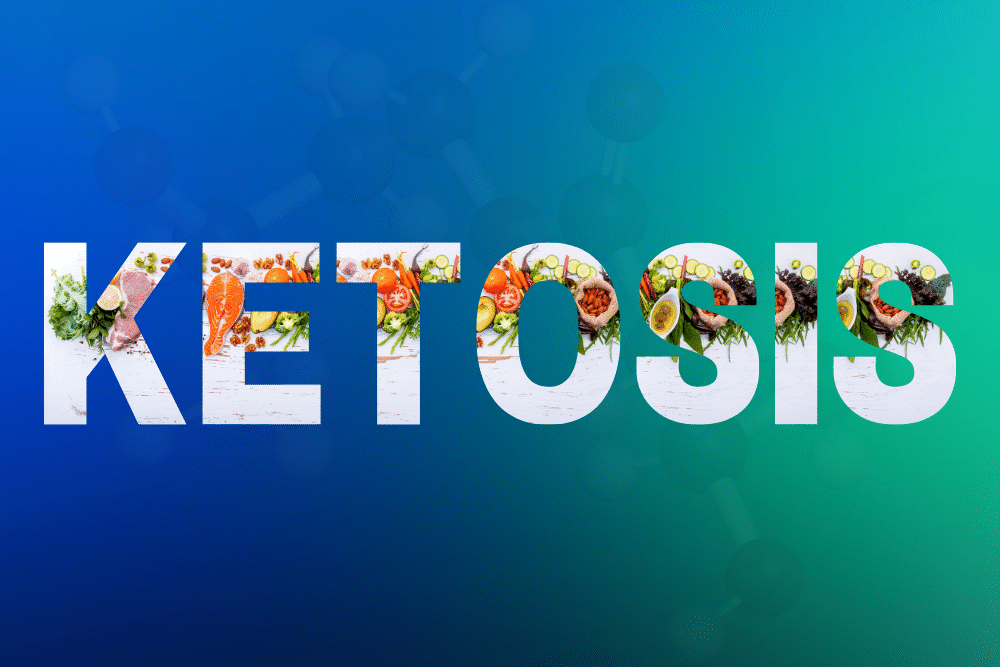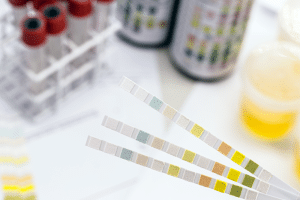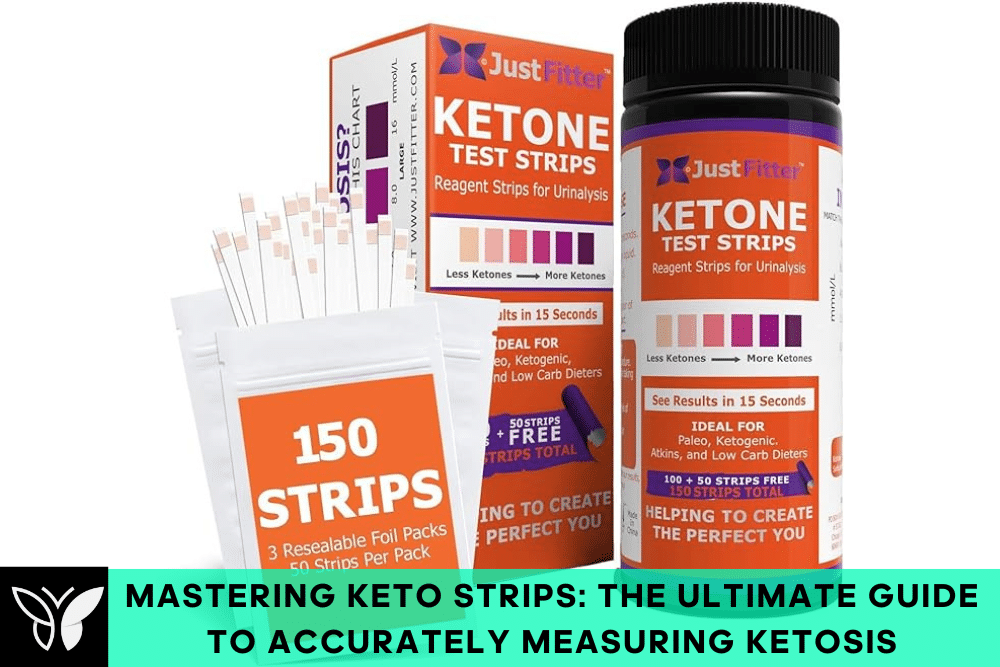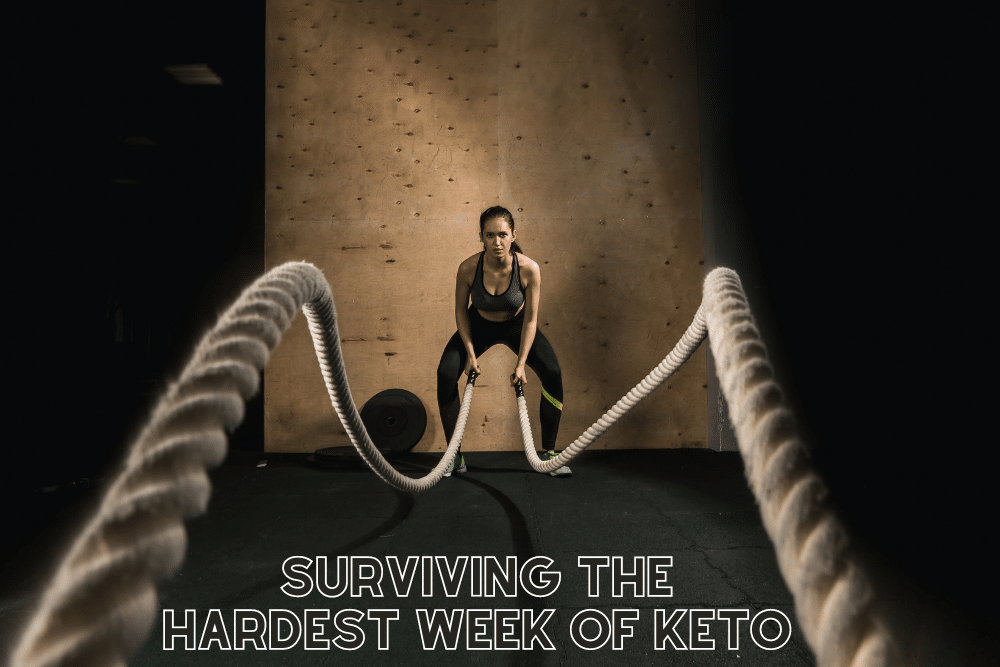In the realm of health and wellness, “ketosis’ has emerged as a keyword that captures the interest of both enthusiasts and researchers. But what is the true meaning of ketosis, and why has it become such a focal point in nutritional science?
In this comprehensive guide, we delve deep into the meaning of ketosis, unmask the science behind this natural metabolic state, explore its multitude of benefits, and uncover practical tips to achieve and maintain it effectively. Whether you’re a seasoned keto dieter or curious about embarking on this nutritional journey, this article promises to enlighten, inform, and inspire.
The Definition
Ketosis is a metabolic state characterised by elevated levels of ketones in the body, which occurs when carbohydrate intake is significantly reduced. This state is markedly different from the body’s default metabolic condition, known as glycolysis, where glucose from carbohydrate consumption is the primary energy source. In ketosis, the drastic reduction of carbohydrates forces the body to turn to stored fat for energy.
The Science
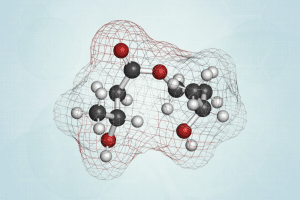
The journey into ketosis starts when you understand the complex relationship between insulin, glucose, and fats in your metabolism. Typically, your body uses glucose from carbohydrates for energy, with insulin helping to get glucose into your cells. However, when you drastically reduce carbs, your glucose levels fall, decreasing insulin production. This change prompts your body to look for another energy source, focusing on stored fats.
Your liver then becomes the show’s star, transforming fats into ketones. These ketones travel through your bloodstream and are used by your cells for energy. This marks your transition into ketosis. Unlike relying on dietary carbohydrates for energy, which keeps you in glycolysis, ketosis taps into your body’s fat reserves, offering a more consistent and sustainable energy source. This significant metabolic shift doesn’t just help with weight loss; it also affects your health by changing your body’s metabolic priorities. The science behind ketosis showcases the incredible ability of your body to adapt to different fuel sources, underlining the powerful influence of your diet on metabolic pathways.
Entering Ketosis: How and Why
Entering ketosis means you must significantly cut back on your carbohydrate intake, aiming for below 50 grams daily. This significant dietary adjustment shifts your body from relying on glucose for energy to burning fat instead. This change doesn’t happen overnight; it usually requires a few days of strict carb watching, during which your liver starts churning out ketones to fuel your body, effectively melting away fat. You might be drawn to ketosis for various reasons—maybe you’re looking to lose weight, better manage certain health conditions, or boost your mental clarity, given that ketone provides steady energy to your brain.
However, if you have pre-existing health issues, you should consider entering ketosis carefully and, ideally, under the watchful eye of a healthcare professional. Taking a controlled approach to this dietary shift is crucial to ensure it’s safe and suits your body’s specific needs. Regular check-ins with a healthcare provider are essential to sidestepping potential side effects and truly reaping the benefits of ketosis. It’s a strategic move for anyone looking to enhance their health and performance, but it requires thoughtfulness and professional guidance.
The Benefits

- Weight Loss: Ketosis shifts the body into a state that primarily burns fat for energy, leading to effective weight management. This process reduces fat stores, aiding in significant weight loss and body composition changes.
- Improved Blood Sugar Control: By minimizing carbohydrate intake, ketosis significantly lowers blood sugar levels and enhances insulin sensitivity. This is especially advantageous for individuals with type 2 diabetes or prediabetes, offering a means to manage their condition better.
- Enhanced Brain Function: Ketones provide a more stable and efficient energy source for the brain than glucose. This can improve cognitive function, mental clarity, and focus, benefiting overall brain health.
- Increased Energy and Stamina: The consistent ketone energy supply increases energy levels and stamina during ketosis. This steady energy availability avoids the spikes and crashes associated with glucose metabolism, supporting sustained physical and mental activity.
- Other Potential Health Benefits: Preliminary research into ketosis reveals potential beyond the immediate benefits. Reduced inflammation and exploratory studies into its role as an adjunct therapy for cancer suggest ketosis may have far-reaching health implications, indicating a need for further research in these areas.
Nutritional Strategies to Achieve Ketosis

To achieve ketosis, you must navigate your diet precisely, balancing your macronutrients and choosing your foods wisely. This journey involves significantly lowering carbohydrate intake, increasing healthy fat consumption, and moderating protein. It’s all about teaching your body to switch gears from relying on glucose for energy to burning fats instead. Let’s break down the nutritional strategies that will guide you into ketosis, ensuring you understand exactly what to eat, what to avoid, and why keeping hydrated and maintaining your electrolyte balance is non-negotiable.
Macronutrient Ratios
To get into ketosis, you must make significant changes to your diet, focusing mainly on balancing your macronutrients. Aim for low carbohydrates (usually under 50 grams per day), high fats (which should account for about 70-80% of your daily calories), and moderate protein. This specific balance nudges your body to stop using glucose and burn fats for energy.
Recommended Foods
To hit ketosis, eat healthy fats like avocados, coconut oil, butter, and fatty fish like salmon. You’ll also need a moderate amount of protein, which you can get from eggs, poultry, and lean meats. Fill up on non-starchy vegetables like leafy greens, broccoli, and cauliflower; they’ll be your primary source of carbs but will keep your total carb intake low while providing essential nutrients.
➤ For the complete list of the top recommended foods on a ketogenic diet, click here.
Foods to Avoid
You’ll want to avoid carbohydrate-rich foods. This means saying goodbye (or at least, ‘see you later’) to bread, pasta, rice, and sugary snacks. Starchy vegetables, high-sugar fruits, and grains are also off the table since they can throw you off your ketosis game.
➤ For the complete list of the foods to avoid on a ketogenic diet, click here.
Hydration and Electrolyte Balance
Staying hydrated is more important than ever when transitioning into ketosis, as this metabolic shift can cause your body to lose fluids and electrolytes more rapidly. Ensure you drink plenty of water and get enough sodium, potassium, and magnesium. This will help fend off the dreaded ‘keto flu’ and support your overall health as your body adjusts.
➤ Click here to visit our shop for keto-friendly hydration and electrolyte products to keep your body balanced and healthy on your keto journey.
Monitoring and Maintaining Ketosis
Methods for Testing Ketone Levels
To understand if you’re in ketosis, you’ll need to test your ketone levels. You have a few options: blood, breath, or urine tests. Blood tests are highly accurate but require a small finger prick to draw blood. Breath analyzers are less invasive and can be used multiple times, indicating whether you’re in ketosis. Urine strips are an easy and economical choice, though they may become less reliable over time as your body becomes more adapted to ketosis.
➤ To access these testing methods and find the best option, click here to explore our selection of ketone-testing products to support your keto journey.
How to Interpret Results and Adjust Dietary Intake Accordingly
Once you’ve got your ketone levels, you need to know what they mean. Levels can range from being in a non-ketotic state to deep ketosis. If your levels are on the lower end but you’re aiming for therapeutic ketosis, you might need to reduce your carb intake further or adjust your fat and protein ratios. Conversely, if you’re deep into ketosis but experiencing adverse side effects, you should slightly increase your carbs or protein to find a more balanced state.
Tips for Maintaining Ketosis Long-term and Avoiding Common Pitfalls
Keeping yourself in ketosis over the long haul requires some strategy. First, stay vigilant with your carb count, keeping it consistently low. Be mindful of hidden carbs in processed foods or eating out. Also, focus on quality fats and proteins to make up the bulk of your diet, and don’t forget to include plenty of low-carb vegetables for fibre and nutrients. Stay hydrated and monitor your electrolyte balance to avoid the keto flu. Finally, regular testing can help you make necessary adjustments to your diet, ensuring you stay on track with your ketosis goals.
By actively monitoring your ketone levels and understanding how to adjust your diet based on those readings, you can effectively maintain ketosis and enjoy its long-term benefits while avoiding common pitfalls.
Common Challenges and Side Effects

When you first transition into ketosis, you might encounter some bumps along the way, including the infamous ‘keto flu.’ This term describes symptoms such as fatigue, headaches, dizziness, and irritability that can occur as your body adapts to burning fat instead of glucose. Besides the keto flu, you might experience other side effects like muscle cramps, digestive issues, and difficulty sleeping.
Strategies for Minimizing Side Effects
You can employ several strategies to ease these symptoms. Staying hydrated and increasing your intake of electrolytes (sodium, potassium, and magnesium) can help mitigate many of the symptoms associated with the keto flu. A balanced diet of quality fats and low-carb vegetables supports your body during this transition. If you’re experiencing muscle cramps, consider adding a magnesium supplement or focusing on magnesium-rich foods. Gradually increase your fibre intake with low-carb vegetables, or consider a fibre supplement for digestive discomfort.
When to Seek Medical Advice?
While most side effects are temporary and manageable, listening to your body is essential. If you experience prolonged or severe symptoms, it’s wise to consult with a healthcare professional. This is especially crucial if you have underlying health conditions or if you’re unsure about the dietary changes you’re making. A healthcare provider/dietitian can offer personalised advice and ensure your ketosis transition is safe and effective.
Remember, while the initial transition to ketosis can be challenging, these side effects usually subside as your body becomes more adapted to its new fuel source. By taking proactive steps to manage symptoms and seeking medical advice when necessary, you can navigate these challenges successfully and fully embrace the benefits of ketosis.
Conclusion
Ketosis is a powerful metabolic state where your body efficiently burns fat for energy instead of glucose, leading to numerous health benefits. From significant weight loss and improved blood sugar control to enhanced mental clarity and increased energy levels, the advantages of ketosis can be transformative. However, achieving and maintaining ketosis requires a disciplined approach to your diet, focusing on high fats, moderate proteins, and low carbohydrates, along with carefully monitoring your ketone levels.
As you consider embarking on your ketosis journey, remember the importance of being well-informed and cautious. This approach is not one-size-fits-all; individual health conditions and dietary needs can significantly influence your experience and results. Therefore, consulting with healthcare professionals before and during your ketosis journey is crucial. They can provide personalised advice, help you navigate potential challenges, and ensure that your diet is balanced and beneficial to your health.

Embrace ketosis with an open mind and a commitment to listening to your body. With the proper preparation and support, you can unlock the potential health benefits of ketosis, making it a valuable part of your wellness routine. Remember, the key to success is not just in the foods you eat but in understanding and adapting to how your body responds to this profound dietary change.
